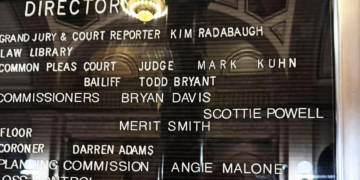Every legal battle begins in small rooms, but, depending on the case, the claim may come to a courtroom. When this happens, you should know how to compose and express yourself before legal authorities and adjudicating bodies. Here is how to prepare for a courtroom appearance.
Work With Your Lawyer
Your lawyer is your source of information and guidance when it comes to courtroom coaching. As your legal representative, they will do most of the heavy lifting in court. However, there will likely come a time for you to take the stand and testify. This part will leave you open to cross-examination by the other party. Work with your lawyer on how to answer questions with clarity. The more control you have over yourself in a legal situation, the higher your chances of persuasively presenting your case.
Be Ready To Defend Yourself
A courtroom is a place where persuasion, facts, and interpretation reign. Be ready to defend yourself and your experience, especially relating to proving your testimony and evidence. For example, you must know how to prove a delayed diagnosis in court when alleging the medical malpractice of your healthcare provider. Without a focused approach and key points to raise, you won’t be as successful. Defend your dignity and experience with adequate preparation before stepping into the courtroom.
Plan for the Day Itself
Your court date occurs in a physical place at a specific time, so you don’t want to miss it. Visit the courthouse before your date, so you know exactly where to go and how to get there. You don’t want parking problems, paperwork troubles, or navigational issues on your important day, especially considering it can take months to land a court date. Plan all other work or family activities around this time and allot as many hours as you’ll need for it. Think about how you’ll dress and lay out a professional outfit that reflects your seriousness in court.
With the knowledge of how to prepare for a courtroom appearance, you can win the day. Though it’s up to your lawyer to lead the arguments and the discussions, you must do your part to ensure a positive outcome in the courtroom.
























































































